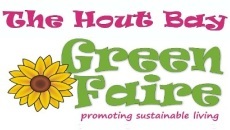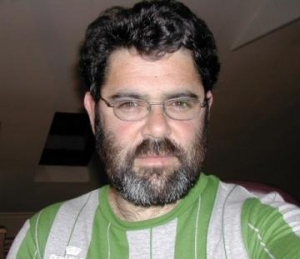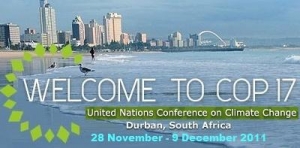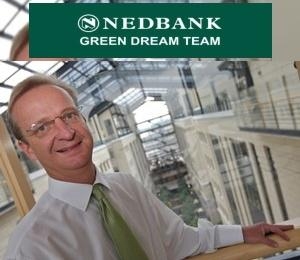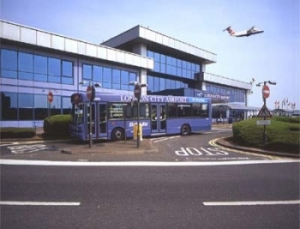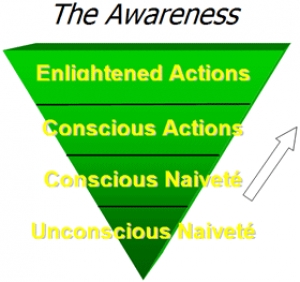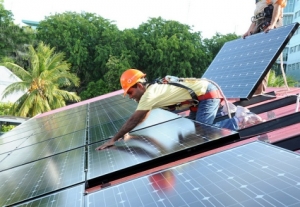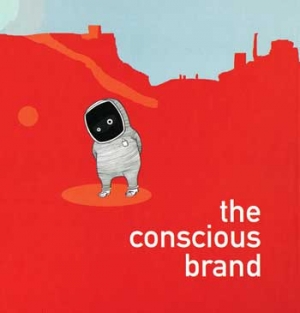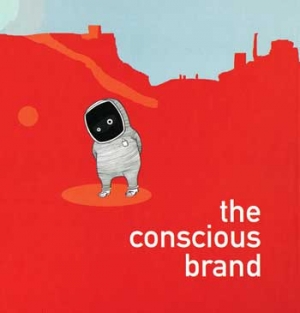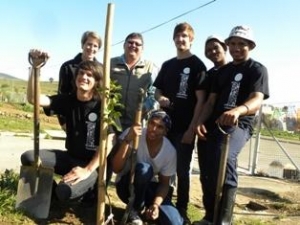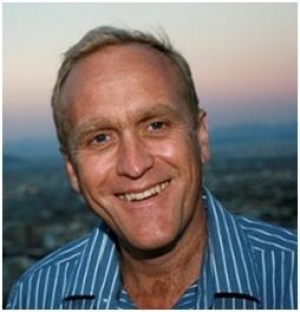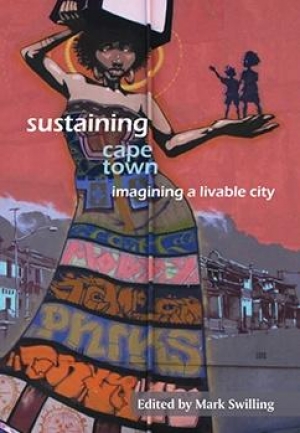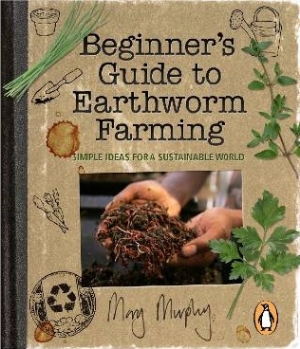By 2050, humanity could devour an estimated 140 billion tons of minerals, ores, fossil fuels and biomass per year €“ three times the current appetite €“ unless the economic growth rate is 'decoupled€ from the rate of natural resource consumption.
This is according to a new United Nations (UN) report released this Thursday and lead co-authored by Professor Mark Swilling, the Head of the Sustainable Development Programme of the School of Public Leadership (SPL) at Stellenbosch University (SU).
Green meetings and events is just one of the responsible tourism topics which will be discussed by local and international specialists at the upcoming Environmental Management in Tourism (EMiT) Conference which takes place from 9-10 November 2011, at the Sandton Sun Conference Centre in Johannesburg.
Business in Cape Town is encouraged to engage with the issues of climate change and sustainability as South Africa prepares to host COP17 in November in Durban.
Overseas, sustainable tourism is a booming industry, arising from the fact that today's travellers are prepared to pay more for a greener travel experience.
Only when organisations stop viewing sustainability as a destination, and start appreciating that it is an ongoing journey, will they recognise the responsibility they have to include as many fellow travellers as they can along the way.
A new biofuels technology company, Stellenbosch Biomass Technologies (SBMT), was launched this month. The company has the ability and expertise to lead Southern Africa towards a sustainable energy future.
British Airways, in partnership with the Solena Group, is to establish Europe€™s first sustainable jet-fuel plant and plans to use the low-carbon fuel to power part of its fleet from 2014. The new fuel will be derived from waste biomass and manufactured in a state-of-the-art facility that can convert a variety of waste materials, destined for landfill, into aviation fuel.
Our capitalist economy, together with low education levels, create a huge rift in most organisations between good intentions or policies and shopfloor adherence. Many organisations today have environmental/sustainability policies in place, which give voice to the senior management€™s commitment to environmental responsibility.
President Nasheed, a former carpenter, screwed in the remaining bolts to help launch this weekend's Global Work Party, what will be the most widespread day of environmental action in the planet's history. On Sunday October 10th, at 7,000 events in 188 countries, citizens will be getting to work on climate solutions and telling their politicians to do the same.
€˜Sustainable hydropower as a feasible solution to Africa€™s energy needs€™ is the focus of the HYDROPOWER AFRICA Conference happening at Emperor€™s Palace in Johannesburg from 16 to 20 August.
A bright future lies ahead for hydropower in Africa as a critical component of Africa€™s energy mix. The resource uses proven technology and is easily accessible across the region.
A large number of South African companies are not implementing sustainable strategies as a key performance indicator.
As part of Eskom€™s energy saving initiative known as €˜Measure to Manage,€™ real-time energy consumption meter readings help businesses use energy sustainably and reduce their carbon footprint. CTICC has given Eskom permission to install 36 meters and modems over a period to monitor the centre€™s energy consumption in real time. This data will be translated into environmental information, made accessible for viewing via an online energy dashboard, and updated every 60 seconds. To view the CTICC€™s energy consumption, carbon emissions and energy demand visit www.measure2manage.co.za. You can also register for periodic energy saving email alerts.
To advertise with a conscience we need products with a conscience. From the industrial revolution and the invention of the steam engine, man€™s appetite to consume has grown with such ferociousness that we€™ll soon need to start duplicating our planet if we are to carry on at this relentless pace.
Zoom Advertising has embarked on a number of greening initiatives to show it cares for the environment and is a conscious brand. Deon Robbertze is the Creative Director of Zoom Advertising and the pioneering force behind Zoom€™s green initiatives. He also developed the €˜My Tree in Africa€™ project, which aims to €˜green€™ the tourist industry.
Using what is natural, healthy and for free should be our first aim when we intend to green our lifestyles. Wind, sun and rainwater are such resources. These three sustainable assets can be harvested with sometimes small yet clever tricks, at other times with more elaborate and costly measures. But once implemented they all have one thing in common: zero pollution and of course long lasting savings.
Stellenbosch wine estate, Uitkyk has extended its eco-sustainable commitment by donating 40 indigenous trees to the neighbouring community of Kayamandi, marking the start of spring.
Early in September, to plant the trees, the Biodiversity and Wine Initiative (BWI) champion teamed up with Serve the City, a volunteer-driven, non-profit organisation dedicated to uplifting impoverished communities surrounding Stellenbosch, and Pneumatix South Africa, an academic and arts-education scheme that initiates youth leadership programmes.
For many in the corporate sector, sustainability is perceived as a soft issue, far removed from the real business of maximising shareholder value. All too often it€™s seen as being about €˜giving back€™ to society through a social investment programme, encouraging marketing departments to embrace the €˜green agenda€™, and signing up to charters and initiatives that supposedly signify some form of higher moral compass.
Green Design is an exciting natural spin-off of the drive towards a sustainable future. Today Bronwyn looks at the background to this development. Next time we start telling the stories of innovative green designers and their whacky items we€™re all going to want in our homes and offices.
Sustainable development in a city where everything is moving and changing at a tremendous pace is not a challenge for the faint-hearted. The harsh reality is that Cape Town is going through an extraordinarily rapid urban growth and transformation process which will have far-reaching consequences if not managed properly.
If you are concerned about the health of our planet then turn your attention to what lies under your feet. In the soil below are creatures that are responsible for producing the food we eat. Earthworms have been described by Darwin as the most important species on our planet and by Aristotle as 'the intestines of the earth'.





